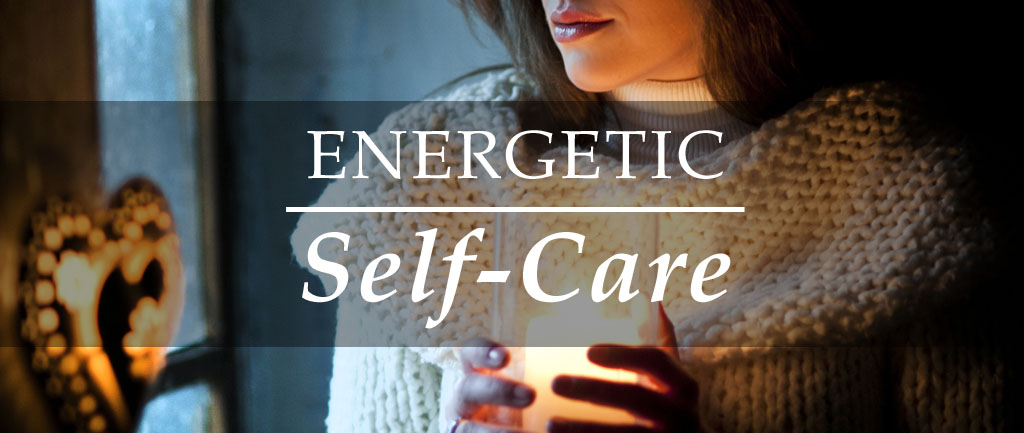
This will be periodically updated; For various reasons, I’ve found it common for more people become sensitive to how they are affected by subtle things around them. Subtle energy is something that mystics from various cultures have studied and worked with. Sensitivity can come, in my experience, from overwhelm and profound life changes, or be present in individuals since their childhood.
Call it hypervigilance, hypersensitivity, or intuition; those who find their energy and moods affected by environments, crowds, family members, and objects can easily feel drained and running on empty. Instead of numbing and denying one’s sensitivity (which seldom works), what’s needed is more attention and self-care.
Paying attention to the subtle “extras” means accepting our own needs as they are. If we accommodate rather than judge our hypersensitivity, we can give ourselves more helpful and restorative breaks.
Note: Taking care of the physical body and physical energy levels with SLEEP, FOOD and REST is the basic level of self-care. Neglecting these would be self-abuse.
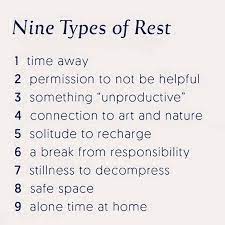
Energetic Self-Care Tips
(In order of least investment of time, to most)
Pay attention to your breath and posture
Note how deeply or shallowly you’re breathing, whether it’s slow or quick. Adjust till you feel improvement. Come back to this regularly. If you keep at it, congrats—this is one type of meditation.
Bonus Info
Meditators have long known this. One’s breathing is often made the focus in single-pointed meditation. In more recent times, one study by Pierre Philipot found that each emotion was associated with a distinct pattern of breath. Later, researchers reversed things by instructing participants to breathe in the distinct patterns—leading participants to feel the emotions that corresponded to the breathing patterns ie. The way you breathe affects how you feel. Sources: Psychology Today, NDHealthFacts
Visualisation
Visualise any murkiness or dark colours around you being washed away. The imagination is a powerful way of interacting with your energy, and visualisation is an active way of taking control back.
The above visualisation is especially effective in the shower. Or take a bath with epsom salts if time permits.
Bonus Info
Showers give you an atmosphere of negative ions (air molecules with an extra electron) which boost our mood, great for those of us in urban environments that are usually deficient. Epsom salts contain magnesium (or magnesium sulfate specifically), which supports muscle and nervous system health. There are several ways to get more magnesium into our bodies, with Epsom salt baths probably being the most enjoyable.
Tell a friend
Admitting low spirits to someone safe and supportive (especially if you’re usually “the strong one”) eases some of the pressure you’re carrying. Everyone gets low sometimes, and most people will have comforted a friend through such times. You may observe that you feel better with at least one person in your corner.
Bonus Info Sources
American Psychological Association, Jennifer Moyer
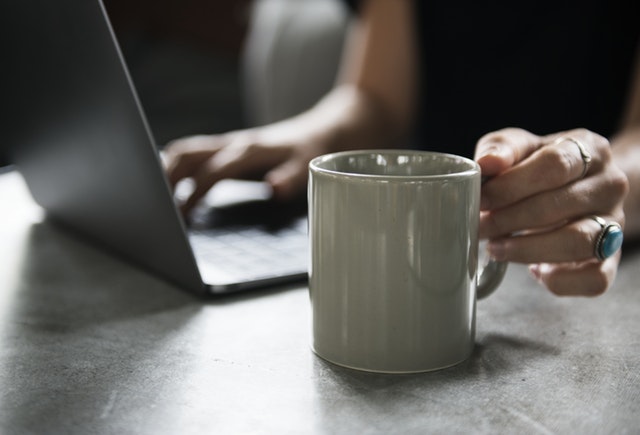
Less screen time and maybe cut the caffeine too.
Avoid screens (laptop, mobile devices, even TV) if you can
Even for leisure, there’s a agitating effect that screens have on us. If you’re really bad off, turn off all screens.
Bonus Info
- Screen time might boost depression, suicide behaviors in teens
- Screen time is associated with depression and anxiety in Canadian youth
- The Unexpected Effects of All That Screen Time
- 5 Things Too Much Screen Time Does to Your Body
Drink water
Avoid sugar or artificial sweeteners if possible. Taking time to drink clean, clear water gives us a moment to “clean and clear” ourselves as well. It’s been found that drinking water has definite positive effects on our mental and emotional health. Our brain is 75% water; dehydration can negatively impact our mood and cognitive function.
All this isn’t so subtle. But here’s something else.
Artists and occultists have always intuitively understood the relationship between emotions and water. We are affected by the water around us—whether it’s clean or polluted, calm or fast-moving, in small volume or large. We are 70% water, after all. Whenever we go through emotional upheaval or processing, it becomes all the more important to soothe and hydrate ourselves with clean, clear water.
We often take our access to potable water for granted, while pouring and drinking mindfully gives us a moment of gratitude. Elaborate tea rituals have been created in the East for this purpose, but we can simplify and adapt.

Put your hands on yourself
Do nothing else for as long as you can and want to. There’s a comfort in touch that some of us may be denied due to circumstances or even the culture we’re in. For those who are intuitive, put your hands where it hurts energetically/emotionally. Ask questions of that part of your body; then feel, forgive, thank, and release the pain. (If you’re going to ask for further instructions from external sources for this exercise, it’s not intuitive.)
Bonus Info
Cook
Make something yourself, even if it’s boiling an egg. Sometimes, it’s the simpler the better. Cooking and eating (seated) slows you down and grounds you with your body, especially if you’ve been in your head too much. Remove all distractions and focus on nourishing yourself on physical, mental, and emotional levels.
Light a candle, and/or diffuse essential oils
Scent can be an especially powerful pick-me-up when we’re down. It also helps us breathe deeper without needing our awareness.
Use music
Put on music, an audio book or podcast. Sing and dance along (to the music, but you can also do that with anything else, WGAF).
If you play any musical instrument, you wouldn’t need to be told this point, but: play with it. If you don’t have an instrument but have been thinking of getting one and learning, do it.
Move mindfully
Taichi, yoga stretching, exercise, getting outside, even lying down on the floor. All grounding.
Adorn yourself
Go through your skincare routine. Put on the clothing, jewelry (crystals!), make-up, etc. that just makes you feel the heck better. Close the door if you don’t live alone. Like moving mindfully, these actions ground us in our bodies and have us taking comfort in both routine and an exploration of our being.
Bonus Info
Can Your Skin-Care Routine Relieve Anxiety?
How a Makeup Routine Lessened My Anxiety and Calmed My Panic Attacks
EFT, or tapping
This takes 5 minutes at most, or more if you want. Video tutorials are online for the basics. My favorite way working with tapping is combining with them with acknowledgment of my difficulties, then ending with my own affirmations. The exercise releases tension, reduces anxiety, and helps shift one’s perspective and mood.
Bonus Info
Journal
Journaling brings the same results for me as tapping. More time-consuming, but also more rewarding because I can reread whatever I’ve written. My journal entries tend to start with the problems but end with the advice, solutions or a perspective shift. I try to mark the turning point so I can later reread from that point.
Bonus Info
Writing about emotions may ease stress and trauma
Writing Therapy: Using A Pen and Paper to Enhance Personal Growth
Make marks on paper
Some people may shy away from art-making because they feel intimidated, but if you’re just making marks, no pressure. So make marks with crayons, pencils, markers, paint.
For those people who have felt especially blocked in the areas of self-expression and creativity, making marks and journaling are a way for us to connected with our emotions, giving them an outlet and helping us understand what’s going on in ourselves. Accept the process and don’t judge how the results look! Make the exercise one about looking inside yourself.
Bonus Info
The Mental Health Benefits of Art are for Everyone
Benefits of Art Therapy
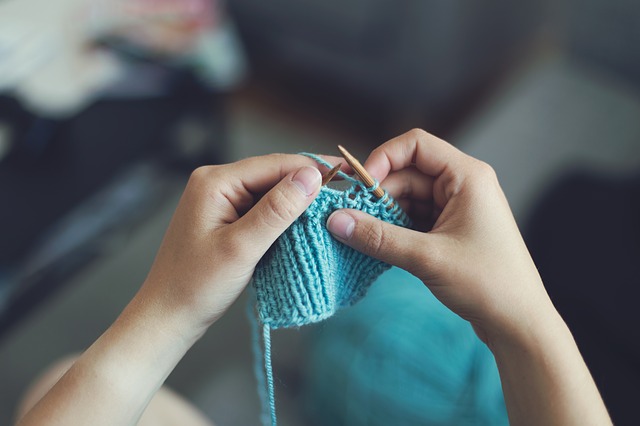
Knitting/crochet/sewing.
Even if the project looks like shit later, working with your hands just works to smooth our rough edges. I find working with yarn satisfies my need to hold something soft, colorful, and that engages my fingers and mind in repetitive and relaxing motions. It’s great for soothing anxiety.
Bonus Info
How Crochet and Knitting Help the Brain
This is Your Brain on Crafting
Cleaning or Decluttering
If your energy and inclinations allow. This can be a spiritual and mindful exercise that has the added benefit of improving your environment, making its effects more lasting. All the objects in our home carry energy, and if we’re not curating what we surround ourselves with, it’s easy to later feel stuck, overwhelmed, and at the mercy of things we no longer care for or support our happiness.
Bonus Info
Decluttering as a Spiritual Practice
How to Declutter for Spirituality
Conclusion
If you grew up in a left-brain dominant-household like I did, a lot of these activities may seem like frivolous, self-indulgent luxuries. But human beings aren’t robots or economic digits meant to be in “productive mode” all the time (despite what capitalism may want). A lot of energetic self-care is really about recovering and bolstering our emotional health and resilience, which is an act of self-love. We can’t just bulldoze through life until we burn out.
Those of us who have been conditioned to believe simple luxuries of enjoyment and relaxation are only for the “worthy” need to question these notions; constantly delaying self-gratification at the expense of our self-worth and self-care more likely creates resentful and burned-out adults just getting by.
Allow yourself to recognise that self-care goes beyond just physical needs, and this will require time and exploration to know for ourselves. I hope these tips help. You can also check here for my meditation classes.
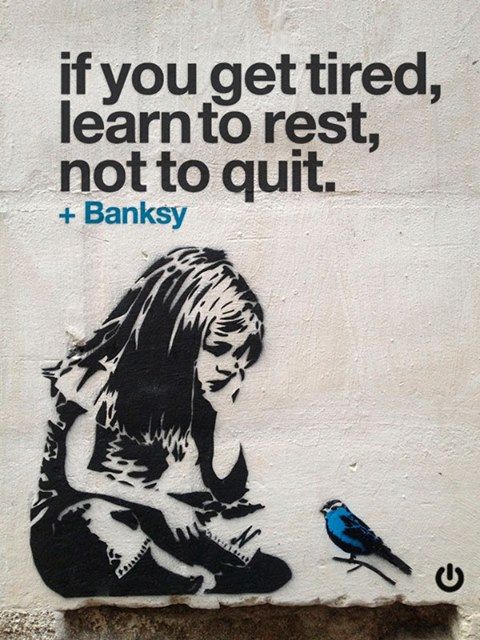



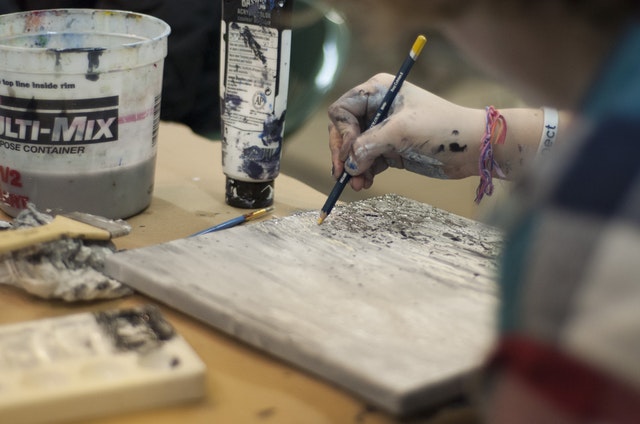
Wow! Wow! Wow! Beautifully written. I too was deeply affected by Moana (37 yr old mom of 2). The song ” How far I’ll go” is my life’s anthem right now ( recently divorced). Thank you for sharing.
You’re very welcome!
You might wanna try Himalayan Salt lamp to reduce stress and depression.
Valid suggestion, I have one myself!